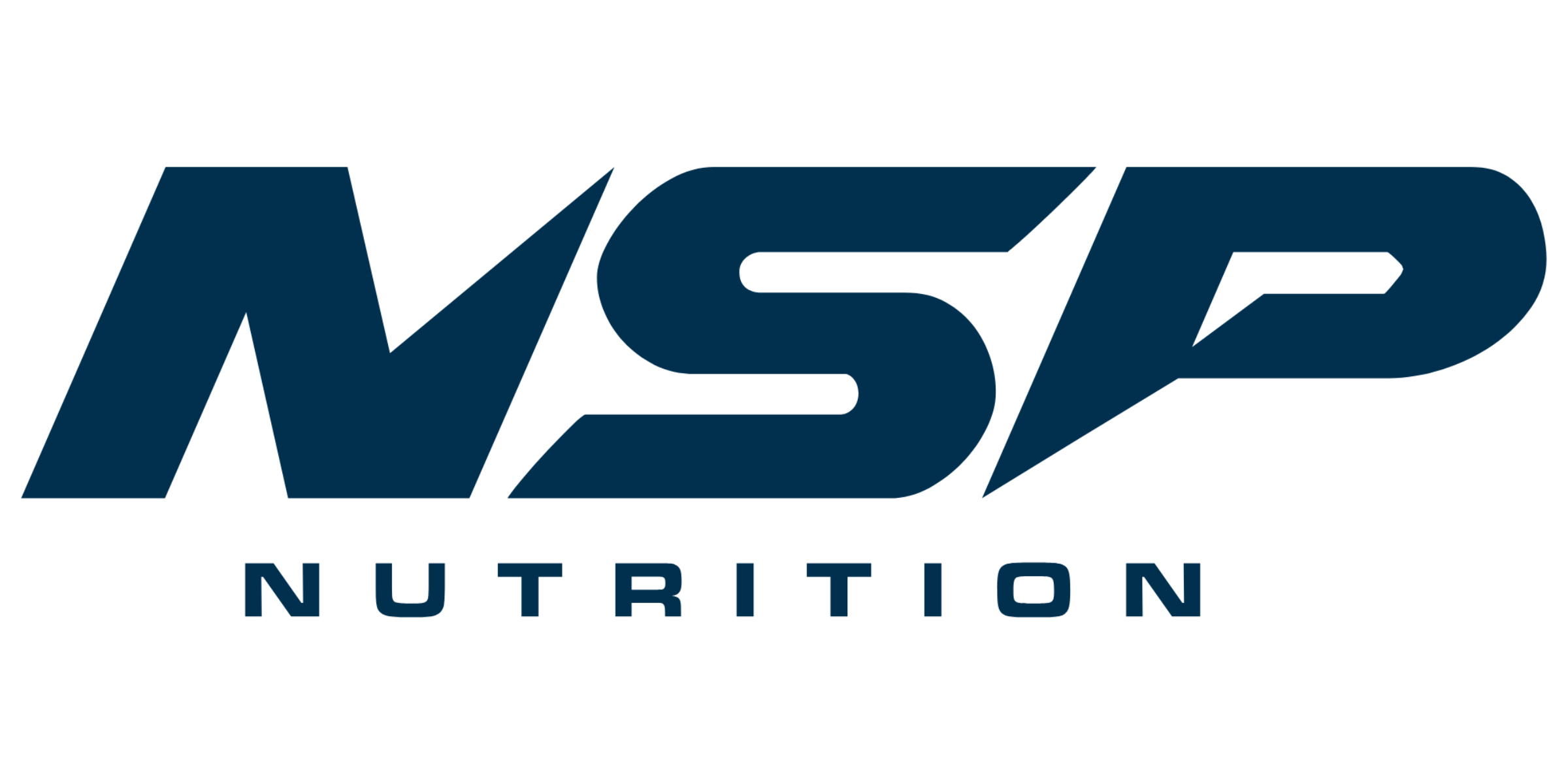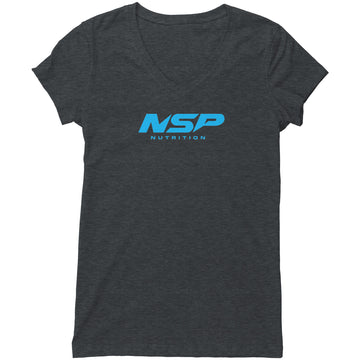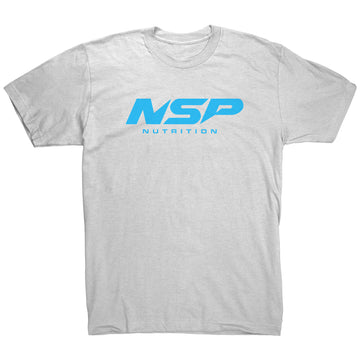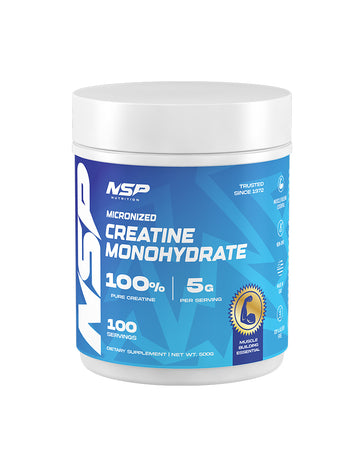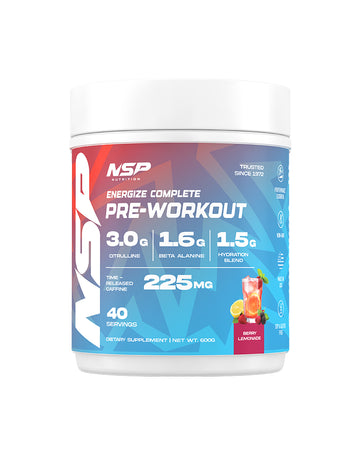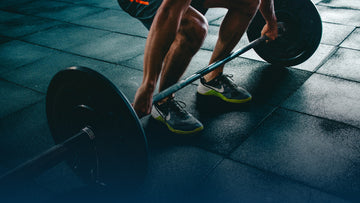Thinking of asking a gym bro how he got so shredded?
If you’re lucky, he’ll tell you his workout routine, or he may hit you with the classic ‘I just have good genetics’ line.
Genetics play a significant role in determining how easily someone can build muscle and how their body responds to training. Some people are naturally gifted with a greater capacity for muscle growth, while you may find yourself struggling to make gains even with the same training and nutrition plan.

This can be discouraging for some, but it's important to understand that genetics aren't everything when it comes to bodybuilding and building muscle. With the right mindset and approach, anyone can make progress towards their fitness goals.
But what exactly is the impact of genetics on bodybuilding, and is it possible to overcome genetic limitations?
Today we'll delve into the role of genetics in bodybuilding, explore the latest research on the topic, and provide insights on training and nutrition strategies that can help anyone build muscle, regardless of their genetic makeup.
The Genetics of Muscle Building
Research has shown that genetic variations can play a role in muscle growth and development.

For example, some people may have a greater number of fast-twitch muscle fibers, which are responsible for explosive movements and power. Others may have a higher proportion of slow-twitch fibers, which are better suited for endurance activities.
Another instance is the gene MSTN, which codes for myostatin, a protein that inhibits muscle growth.
Some individuals have genetic variations that lead to lower myostatin levels, which can lead to increased muscle growth (3).
Other genetic variations have also been found to impact muscle growth and strength. For example, a study published in the Journal of Applied Physiology found that a variation in the gene ACE was associated with muscle strength in male bodybuilders (2).
Another study published in the International Journal of Sports Medicine found that a variation in the gene PPARGC1A was associated with muscle fiber size in power athletes (4).
While genetic variations can certainly play a role in muscle growth, it's important to note that they aren't the only factor.
Environmental factors, such as nutrition and training, can also play important roles in muscle development.
Working with Your Genetics

If you're someone who feels like their genetics are holding them back in their bodybuilding journey, it's important to remember that genetics aren't everything. While you may not be able to change your genetic makeup, there are still plenty of things you can do to maximize your muscle-building potential.
I. Training
One of the most important things you can do is focus on your training. By choosing the right exercises and training strategies, you can help stimulate muscle growth and development even if you don't have the genetic advantage of someone else.

For example, compound exercises like squats, deadlifts, and bench presses are great for building overall strength and muscle mass. By incorporating these exercises into your training routine, you can help maximize your muscle-building potential.
Training Strategies for Different Body Types
While genetics can play a role in determining body type and muscle-building potential, it's important to remember that everyone can make progress towards their fitness goals with the right training and nutrition strategies. That being said, some individuals may benefit from different training approaches based on their body type.
For example, ectomorphs, who are typically lean and have a hard time gaining muscle, may benefit from higher-volume training with shorter rest periods. Endomorphs, who tend to carry more body fat, may benefit from higher-intensity training with longer rest periods. Mesomorphs, who are typically naturally muscular, may benefit from a balance of volume and intensity in their training (5).
ii) Nutrition.
Another important factor to consider is nutrition. To build muscle effectively, you need to provide your body with the right nutrients, such as protein and carbohydrates.

While some people may be able to get away with a less-than-ideal diet, those with less favorable genetics may need to be more diligent about their nutrition to see results. Eating a diet that is high in protein and carbohydrates, and low in processed foods and sugar, can help provide your body with the nutrients it needs to build muscle.
Recovery

Finally, recovery is also an important factor to consider. Giving your muscles time to rest and recover is crucial for muscle growth and development. This means taking rest days between workouts and getting enough sleep each night. If you're not allowing your body enough time to recover, you may be hindering your muscle-building progress.
Conclusion
While genetics can certainly play a role in bodybuilding, they aren't the only factor. With the right training, nutrition, and recovery strategies, anyone can make progress towards their fitness goals. It's important to remember that bodybuilding
References
- Yang N, MacArthur DG, Gulbin JP, et al. ACTN3 genotype is associated with human elite athletic performance. Am J Hum Genet. 2003;73(3):627-631. doi:10.1086/377590.
- Koizumi M, Kurihara T, Nakamura K, et al. Angiotensin-converting enzyme genotype and muscle strength in men. Int J Sports Med. 2006;27(3):200-203. doi:10.1055/s-2005-865765.
- Lee SJ. Regulation of muscle mass by myostatin. Annu Rev Cell Dev Biol. 2004;20:61-86. doi:10.1146/annurev.cellbio.20.012103.135836.
- Eynon N, Sagiv M, Meckel Y, et al. PPARGC1A variation and the response of mitochondrial biogenesis to exercise training in healthy young men. Acta Physiol (Oxf). 2010;199(3):353-358. doi:10.1111/j.1748-1716.2010.02142.x.
- Wilborn C, Taylor L, Campbell B, et al. International Society of Sports Nutrition position
